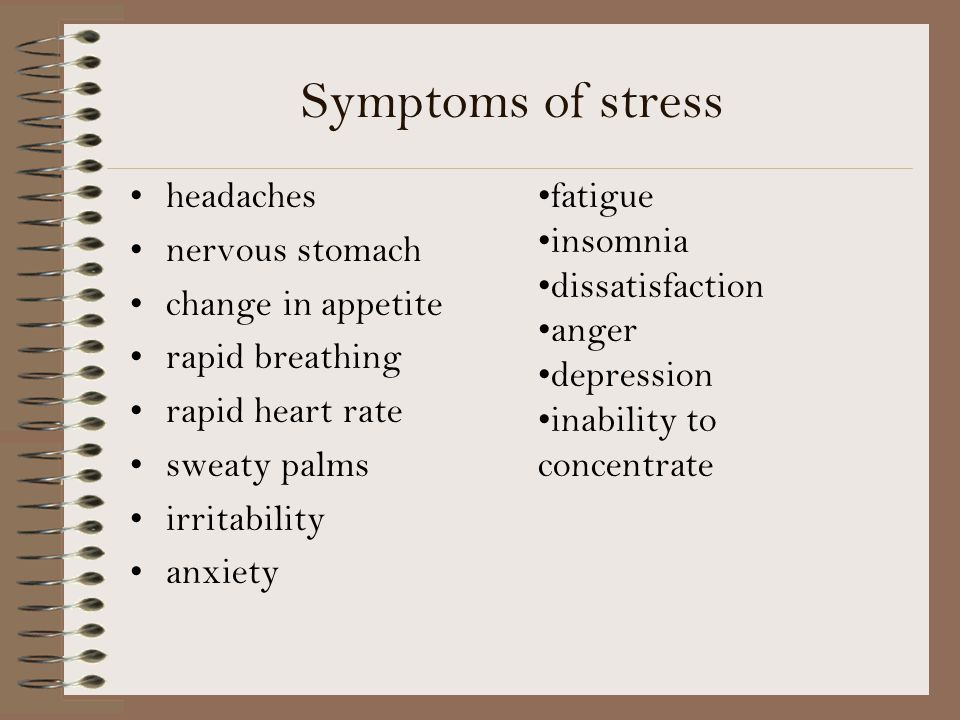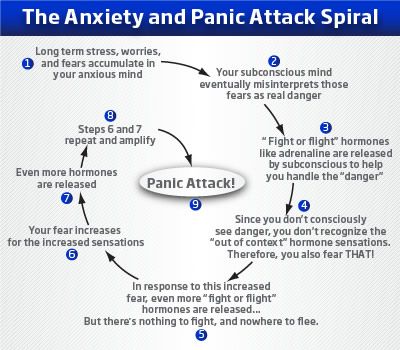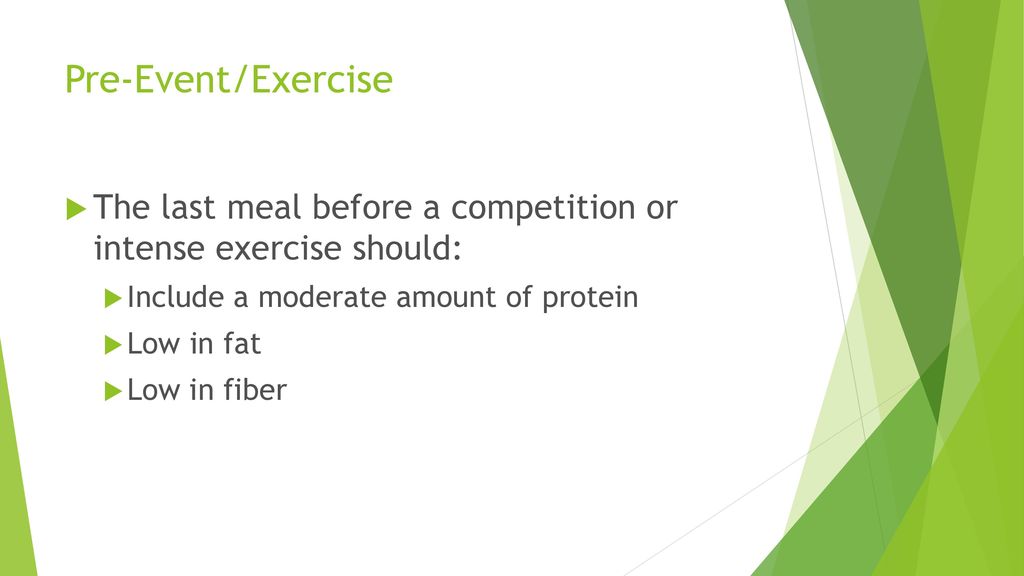List of questions about stress
ESL Conversation Questions - Stress (I-TESL-J)
Recognizing Stress
- What is stress?
- What causes stress?
- How do you recognize stress in your life?
- Have you been under stress recently?
- How does stress affect you?
- Do you have a kind of red warning flag that indicates too much stress?
- When you are stressful, how do you feel physically?
- Do you feel tired during the day?
- Can you sleep well at night?
- Does your stomach hurt?
- How do you feel emotionally?
- Do you feel nervous or worried about stressful situations?
- Do you get angry easily?
Helping Others
- Have you ever helped someone who was feeling stressful?
- What did you do?
- Did you give them advice?
- Did you listen to them?
- Did you do most of the talking?
- Did you take some action to help them?
- Have you ever helped someone that you didn't know?
- What are characteristics of a good counselor?
- Is it necessary to have shared the same experience?
- Is it important to be an expert?
- Is it important to be patient?
Healthy Stress
- Do you think stress is ever good, useful, or necessary?
- Why or why not?
- Do you play games or sports that are sometimes stressful?
- When can stress be a good thing?
- If you are playing a sport and your team is losing, does it give you extra energy?
- Does stress make you feel more alive?
- Is your home life stressful?
- Are you busy at home?
- Can you relax at home?
- Do you enjoy having discussions about politics with other people who have different opinions?
- Do you like to argue about different ways to do things at work or at home?
Personal
- Have you felt stress recently?
- Did the stressful feeling last a long time or a short time?
- Had the cause of the stress happened to you before or was this a new situation?
- How often do you think you feel too much stress?
- Do you feel too busy sometimes?
- In what way does a too full schedule lead to stress?
- Do you like being busy?
- If you are very busy at work or at school, do you have ways to balance your life?
- If you have nothing to do, do you enjoy yourself or do you get bored?
- Does stress make it hard for you to think or act?
- How can you judge what is the right amount of stress for you?
- Is your stress caused by relationships with other people?
- At work? At school?
- At home?
- With best friends?
- With partners?
- Can you think of some examples?
- Does stress come when you worry about your life?
- Do you keep your worries a secret from other people?
- Do you have anyone you can talk to when you are worried?
- When did we start talking about stress as a psychological condition?
- What do you do when you have stress?
Stressful Situations
- Are there situations that you find stressful?
- Do you feel tense when you meet someone for the first time?
- Do you get nervous if you have to make a speech?
- Do you suffer from stress when you have too much work to do?
- Do you work or study for long hours under stressful conditions?
- Does the place you live have a low-stress environment?
- Can you be alone as much as you like?
- Can you be with friends as often as you like?
- Is it easy for you to make decisions about important things?
- Can you relax when you are sleeping away from home?
- In what kinds of situations do you observe other people feeling stressed?
- What are some situations that you enjoy?
- What are some situations that make you feel stressful?
- How can you eliminate stressful situations?
- Plan a low stress, cheap, one day holiday.
Controlling Stress
- How do you relieve stress?
- What stresses you out?
- Do you have a stressful lifestyle?
- How can you eliminate stressful situations?
- How do you get control of a stressful situation that is getting too tough?
- What is the "fight or flight" response? How does it relate to stress?
- Do you enjoy the feeling of being stressed?
- If you are feeling stressed, what do you do?
- Do you like to relax or be active when stressful?
- Are you capable of relieving your stress or do you need help?
- Can alcohol cure stress temporarily?
Living Stress Free
- How can you live a stress free life?
- Can you give five suggestions that would be inexpensive?
- Can you give five suggestions for children?
- Can you give five suggestions for the wintertime?
- Give us suggestions for making school life less stressful.

- When stressful do you like to listen to a certain kind of music?
- Does it help to go shopping or take a long walk?
- Do you like to be alone or be with other people?
- Do you eat more or eat less?
- Do certain colors make you feel happier?
- Do you always follow the same pattern to relieve stress or do you try different things?
- What are some positive ways people deal with stress?
- What are some negative ways people deal with stress?
- How do you deal with stress?
- What is the most stressful experience you have ever had?
- When was the most stressful time of your life? Did you learn anything from that experience?
- What do you think is the greatest cause of stress for most people?
- What is your greatest cause of stress?
- Do you deal with stress differently that your parents do/did? If so, how?
- Do you know of anyone who likes to break things or become violent when they are stressed? What have they broken? What kind of violence do they do?
- What is the most stressful job you can think of?
- What is the least stressful job you can think of?
- Which would you choose: A stressful job with very high pay or a relaxing job with considerably low pay? Why?
- Is being single less stressful than married life? What are the advantages and disadvantages of each?
- How do you reduce stress in your life? Do you think they would be considered good or bad ways of dealing with stress?
If you can think of another good question for this list, please add it.
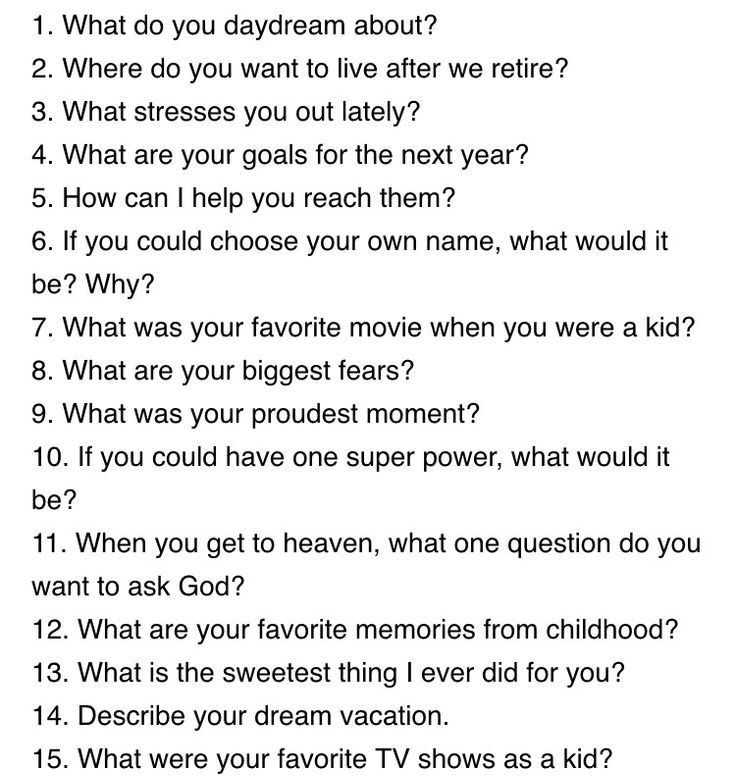
http://iteslj.org/questions/
Copyright © 1997-2010 by The Internet TESL Journal
13 Most Common Questions About Stress Finally Answered
13 Most Common Questions About Stress Finally Answered
I am too stressed out,’ the phrase has become too common over the years. Every other person you meet is either stressed out or has been in the past. The world has seen a rise in the levels of stress in recent times. Reasons for this have been thoroughly discussed and debated too.
People undergo mild stressors almost every day; these are often the result of discrepancies in what people want and what they actually get on a day to day basis. Other people experience severe stress. This is often the result of life-altering and distressful tragic moments such as the death of a loved one, a divorce, or even an ongoing financial crisis.
Regardless of the intensity of stress that people experience, one thing common in almost all of them is the lack of awareness regarding the issue.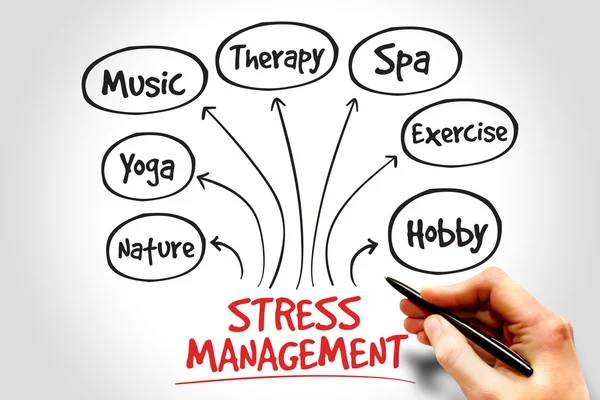 In this article, we want to enhance this knowledge so that people aren’t just able to comprehend what they are feeling but are also able to deal with it effectively.
In this article, we want to enhance this knowledge so that people aren’t just able to comprehend what they are feeling but are also able to deal with it effectively.
Here are 13 questions about stress finally answered.
Q1. I am always stressed out – why is that?A lot of people wonder why they are always stressed. They feel that regardless of the things happening in their life, whether positive or negative, they still find a way to feel stressed out. This stress is often the result of their doing. They tend to overthink and overanalyze everything; hence, they tend to see problems even when none exist.
Q2. How do I rid myself of stress?Stress works a lot like homework. You don’t do it every day, and eventually, it’s going to pile up into a huge mess. Similarly, if you let your problems pile up; you will feel more and more stressed out. So the best solution is to deal with your problems, one at a time. Don’t let it overwhelm you.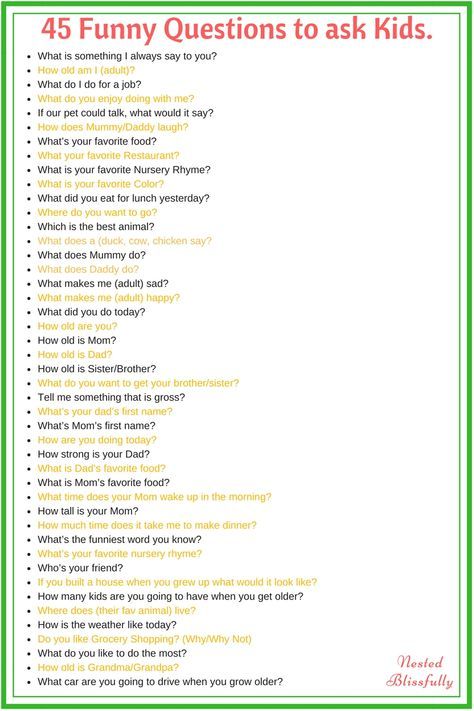
Normally, it is not advised that you take medication for stress. This is because by taking medication, you will continue to ignore the issues at hand. Moreover, there is a possibility that you will develop a tolerance for the medication and might require a higher dosage, which eventually can lead to a lot of side effects.
Q4. What are the healthier ways to reduce stress?Coping with your problems one at a time helps. But there are certain situations like the death of a loved one, where you may find coping very difficult. Hence, in those situations, you should try first to accept the truth of the situation, and then try to understand your feelings, and only then you should try to manage then. And you can always seek assistance from friends and family for the execution of the last part.
Q5. How effective is exercising in reducing stress?A lot of people say that exercise does wonders for you.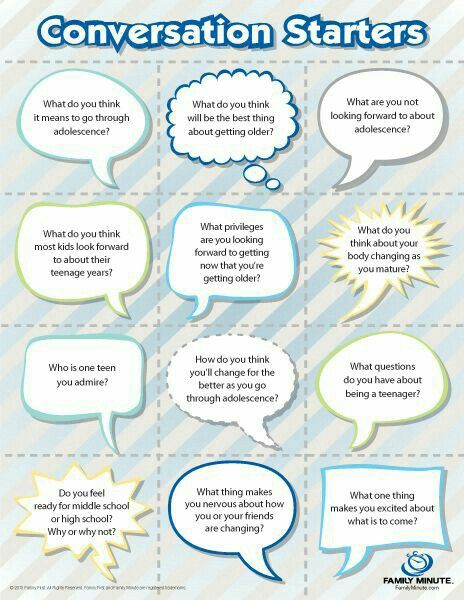 This is most true for people dealing with everyday stressors. A half-hour dance too can help relax both your mind and your body.
This is most true for people dealing with everyday stressors. A half-hour dance too can help relax both your mind and your body.
There isn’t a single person who doesn’t feel stressed out every now and then. Some people hide it better than others, but that doesn’t mean that they don’t feel it. Though the intensity of the stress varies from person to person, and so does the coping strategies, it is not easy for anyone. And the mere fact that we are all in it together is a source of comfort for many people.
Q7. How do introverts relieve stress?Relieving stress for extroverts is relatively easier since they can always talk about their emotions in a better way. With introverts, communication is harder. However, introverts too can use similar coping methods and may add exercise, reading, or therapy for stress relief. They can also talk about their issues with fellow introverts and try to help each other.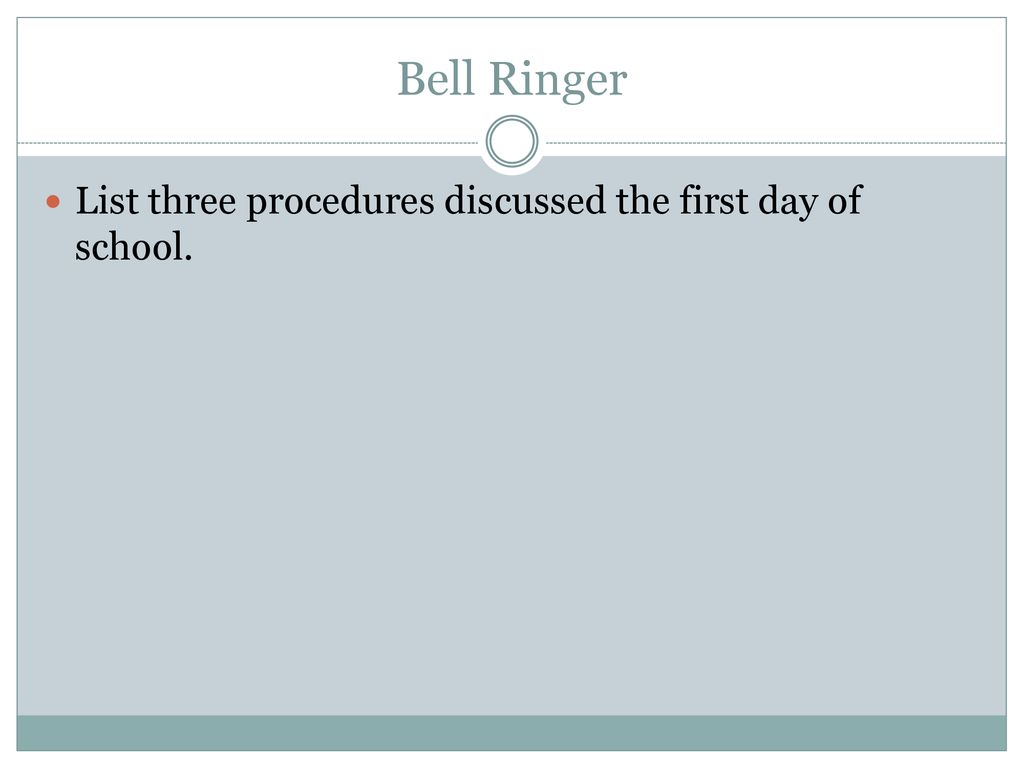
It always does. However, affording therapy is not always easy. So you can always use self-therapy that involves coping mechanisms to help get rid of everyday stressors. But in case of huge tragic events, therapy is often the best possible solution.
Q9. What are the symptoms caused by stress?Feeling stressed out is a nightmare. It can lead to continuous headaches, back pains, and lower energy. Moreover, it can greatly affect your work-life, making you less productive and creative.
Q10. How do you communicate about stress with your significant other?Google any site; you will find the same answer. Talking about your issues help, but if you need to get rid of the stress altogether, try focusing more on solutions rather than problems in your discussions. Be open about the things that bother you, but also be accepting and considerate of the things that bother your spouse. Remember, the key to getting things right is to work together on this.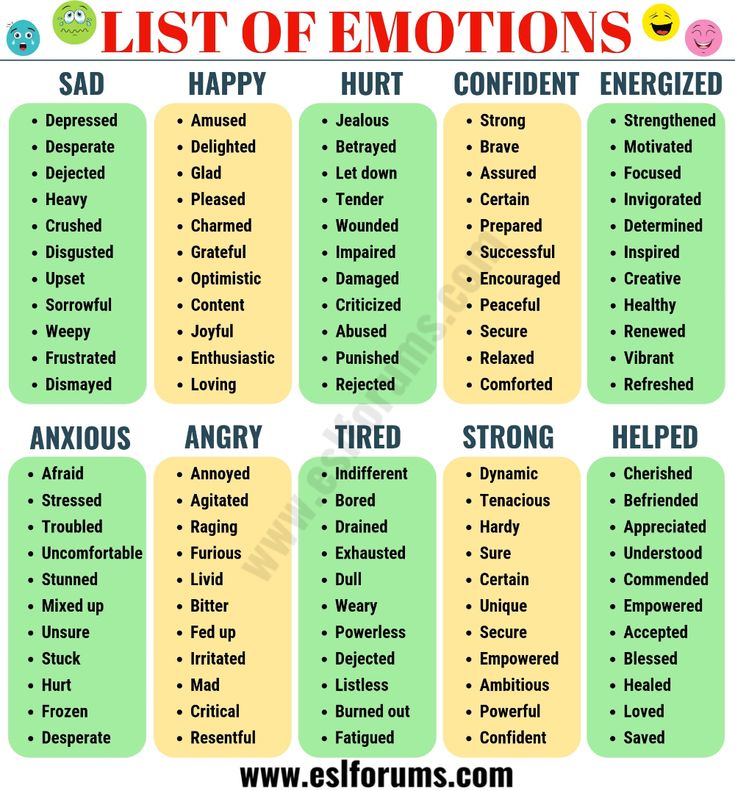
Continuous stress is known to lead to many medical problems. These include continuous headaches that might increase in severity. Other problems include insomnia, chest pain, and rapid heartbeats. Moreover, people experiencing stress on a regular basis are more likely to suffer from heart-related issues. But don’t fret just yet.
Q12. Does stress result in weight gain?There is little study to link stress directly to weight gain; however, a significant correlation does exist. This is mostly because people who are under a lot of stress tend to indulge in overeating and making bad food choices. They also experience low energies, which leads them to live somewhat of a sedentary lifestyle. A combination of these may result in weight gain.
Q13. Does it ever get better?All the problems related to stress mentioned above are reversible. However, in order to undo them, simply ponder over the right coping strategy for you and implement it right now.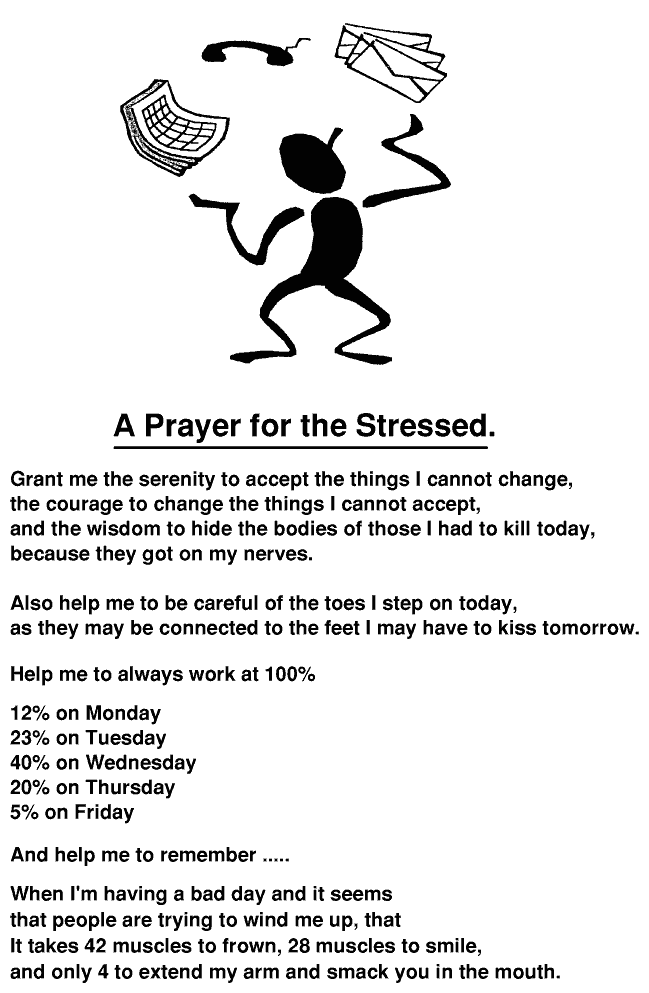 And remember, asking for help in time of need is no bad thing. Friends and family are undoubtedly always there to help you get through difficult times, so stop doubting them and yourself, and ask for help. We promise you; it gets better eventually.
And remember, asking for help in time of need is no bad thing. Friends and family are undoubtedly always there to help you get through difficult times, so stop doubting them and yourself, and ask for help. We promise you; it gets better eventually.
Recent Posts
How Does Air Pollution Affect Your Heart?
Benefits of Eating Fish to Your Heart
When Do You Need a Heart Screening
Five things You Can Do Everyday to Improve the Health of Your Heart
Stressful interviews and stressful questions — TSTM based on TVSU
Stressful job interviews cause the most emotions among job seekers, although in reality it does not occur very often. True, almost every interviewer includes elements of this type of interview in a conversation with the applicant. There is only one way out - to know what to expect, and to train stress resistance.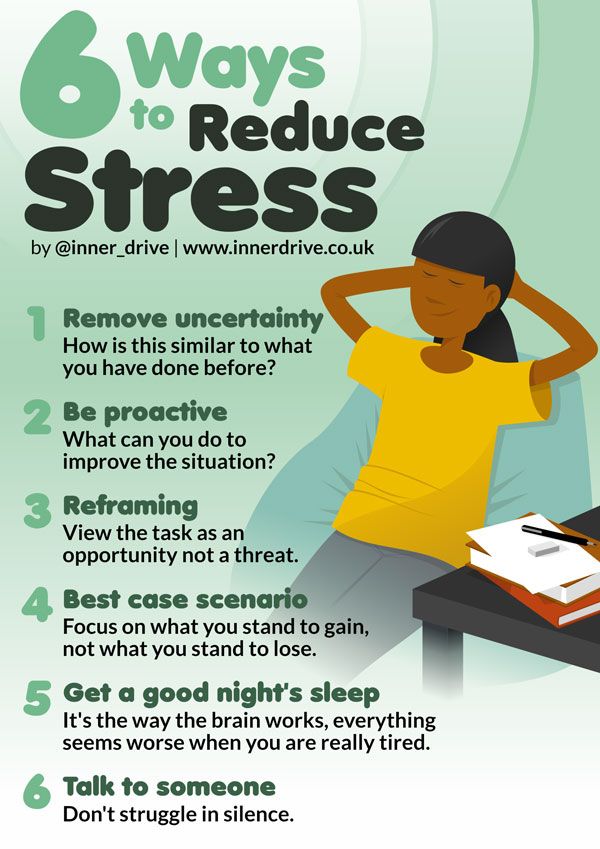 So let's get ready!
So let's get ready!
What to prepare for?
You will be tested for stress tolerance. Stress resistance is your stereotype of behavior in conditions of informational, emotional or physiological stress.
What is the purpose of using this technique?
- To see how you behave in situations of stress.
- Understand what will be a stressful situation for you.
- Determine how your behavior changes in non-standard situations.
- Assess how you control yourself in conflict situations.
- Test your resistance to rude, "boorish" behavior, the ability to "swallow insults".
Applicants for which positions?
- Sales employee.
- Bank employee.
- HR manager.
- Account Manager.
- Advertising manager.
- Insurance agent.
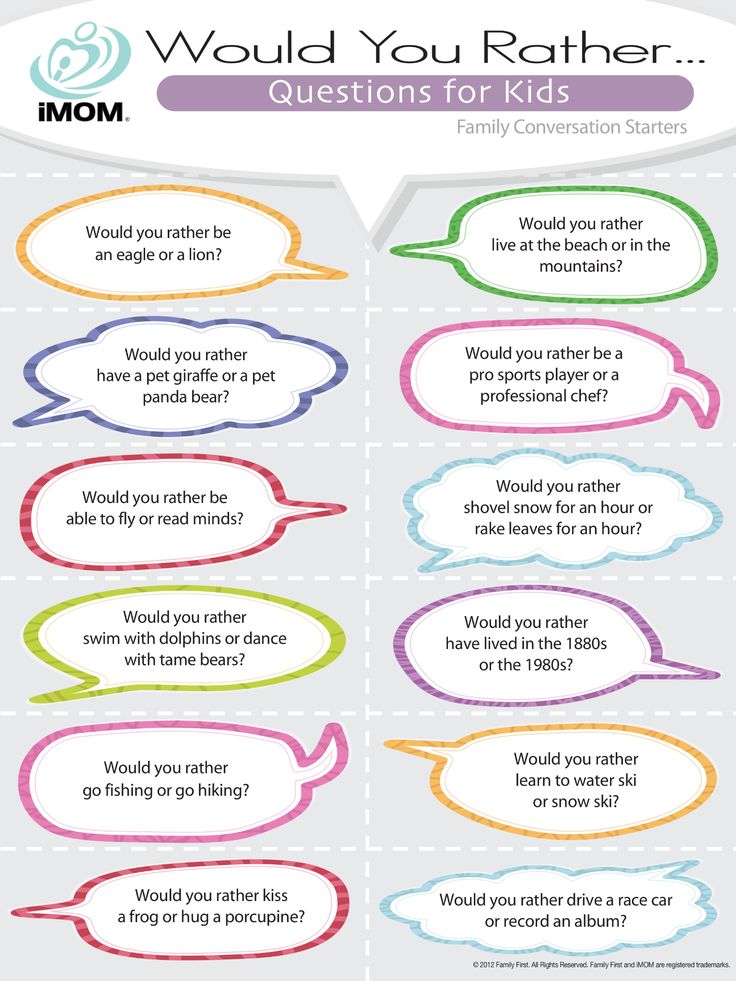
- Service worker.
- Public Relations Specialist.
- Psychologist.
- Journalist, reporter.
- Live broadcast host.
- Office manager.
- Head.
In what form is it carried out?
You are asked stressful questions or offered to find a way out of a given stressful situation.
Questions cause stress due to surprise, illogicality, complexity.
Examples of stressful questions to determine the degree of professionalism of the candidate:
- What can you offer our company? Why should we hire you?
- Give an example of a situation where you showed quick reaction.
- How do you react to situations when you are under psychological pressure during work? Give three examples of "working under pressure" from your own practice.
- What salary do you deserve? Why?
- How long will it take you to contribute to the development of our company?
- Describe a situation where your work was criticized.
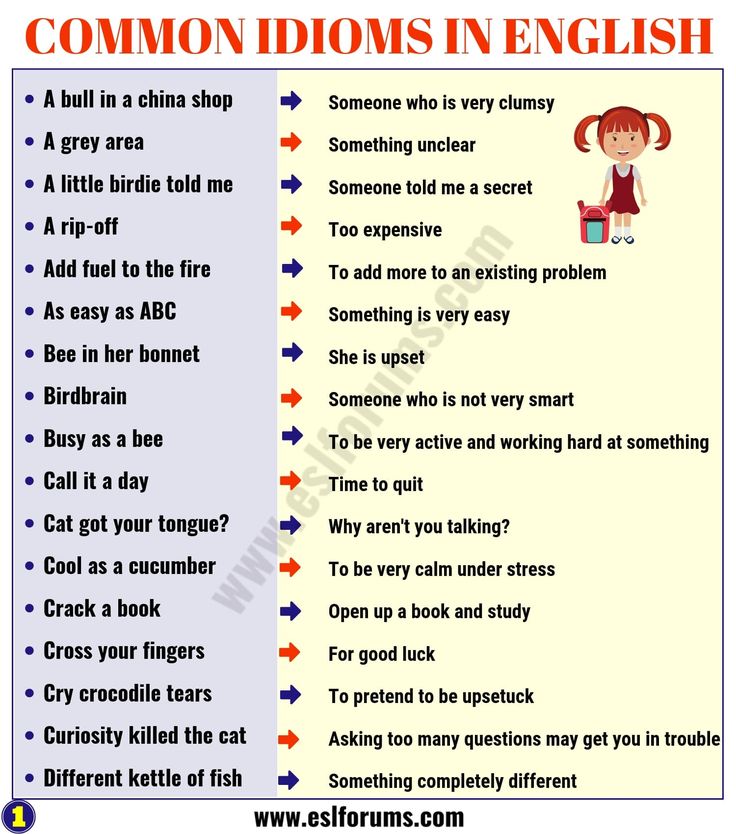
- Are you considering other options to further develop your career?
- What would you say if I regarded your presentation today as very weak and uninteresting?
Examples of unexpected/absurd questions to test stress resistance and responsiveness:
Question: Why is the earth round? Sample answer: The circle is a symbol of perfection, so the earth simply cannot have another shape.
Question: What is puff-naf-nuf? Sample response: This is what I call my cat when he lingers outside.
Question: What does the earth stand on? Answer example: Philosophical question. What the philosophers put it on is worth it.
Question: Why do bears sleep in winter? Sample answer: They get very tired in summer.
Question: Think of 10 ways to sell a live crocodile. Answer example: I have already invented and patented. The information is strictly confidential.
Question: Cheburashka - is he or she? Answer example: Ouspensky has him.
Examples of stressful personal questions:
- Are you single? And why?
- When do you plan to start a family, give birth to a child?
- Why didn't you serve in the army?
- What diseases do you suffer from?
How to answer stressful questions:
- Prepare in advance to answer questions about your career prospects, professional qualities, strengths and weaknesses. Think of examples.
- Answer briefly and clearly.
- Do not be afraid of unexpected questions. The goal is not to test your knowledge, but the speed of reaction.
Stress situations are artificially created for you.
Examples of stressful situations:
If after the interview you are not apologized for such an unusual way of conducting an interview, you should consider whether you want to work here.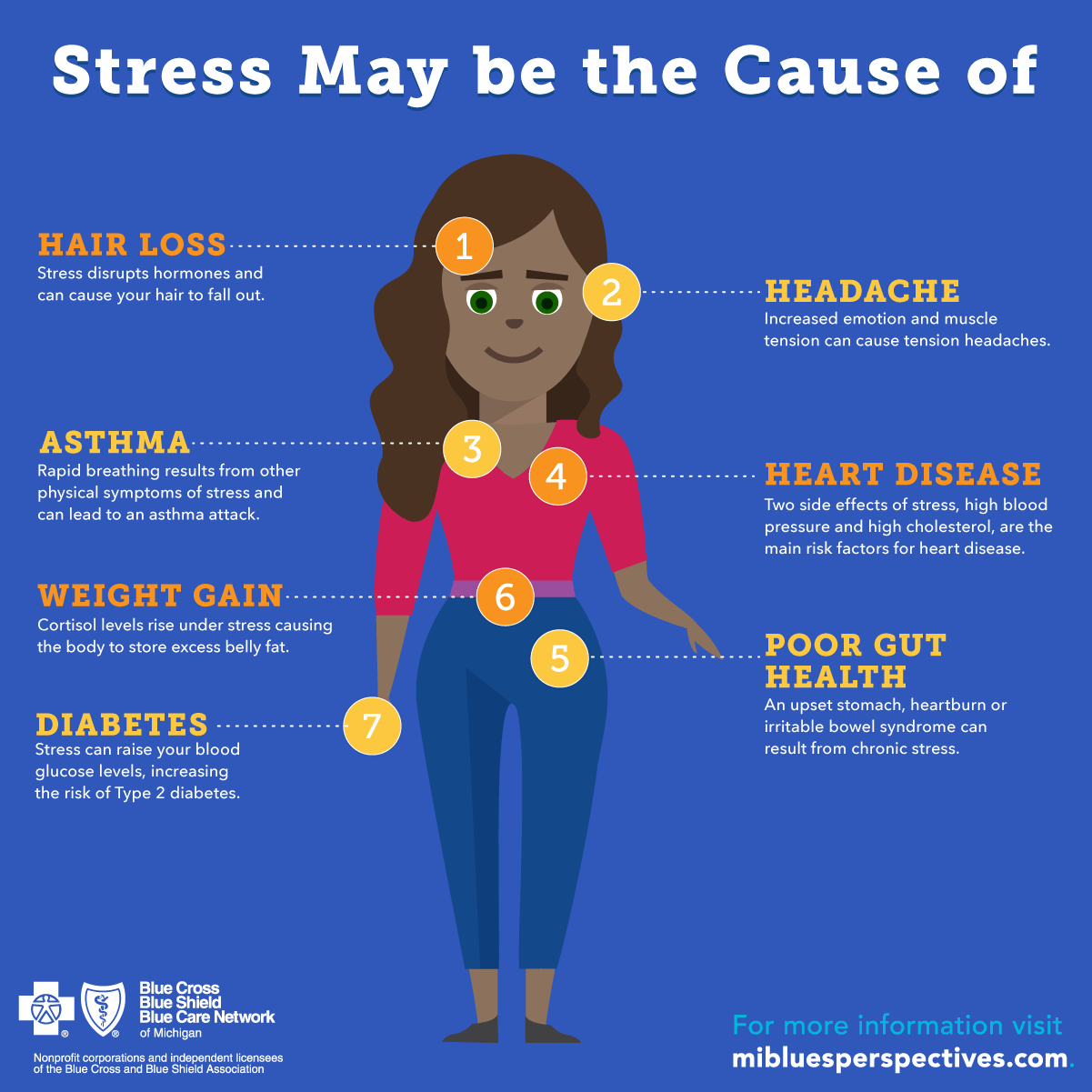
- You are deliberately made to wait for an interviewer from 30 minutes to 1 hour.
- Several people are talking to you at once, sitting in different places, creating a situation of cross-examination (“good” and “evil” investigator).
- The interviewer abruptly changes the pace of speech, the volume of his voice.
- The interviewer does not look at you during the interview, doing other things for show.
- The interviewer does not allow you to insert a single word in order to test your patience and ability to listen and highlight the main thing.
- They are trying to hurt you, to piss you off. Your choice of university and previous jobs are questioned, they talk about your personal life without a shadow of embarrassment. You are forced to make excuses.
- The interviewer abruptly interrupts the interview and leaves you without explanation, and after a while returns and continues to ask questions.
- The interviewer switches abruptly from one topic to another.
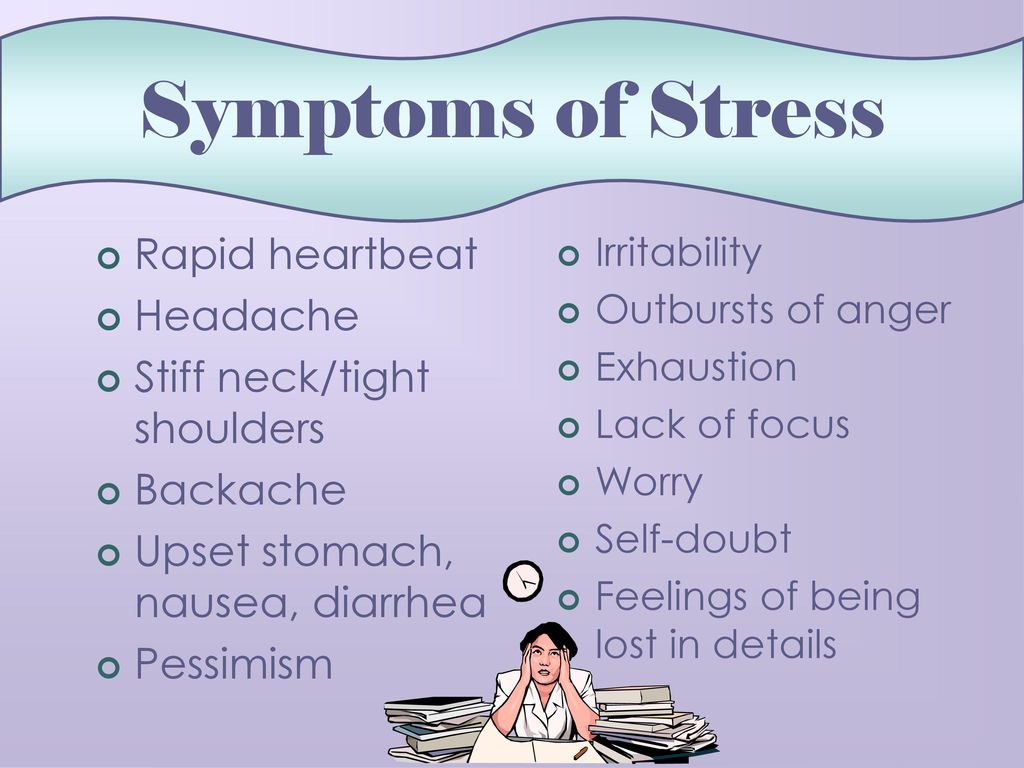
How to behave in a stressful interview?
- Tune in to the fact that a stressful interview is a kind of game that has its own rules. In this way, you are simply checked in order to obtain maximum information about a potential employee in a short time.
- No matter what, stay calm and friendly.
- Answer the questions, not the provocation. Feel free to make constructive arguments in your defense.
- Take the lead. You are accused of choosing the wrong profession - ask what profession the interviewer would advise you to do. You are told that you are avoiding the answer - say that you are only avoiding conflict.
- Don't be afraid to state that your personal life has nothing to do with your professional activities and therefore you are not going to discuss it at the interview. Say it calmly and without aggression.
- If you feel irritated, take a break - take a deep breath and count to ten.
- If the interviewer is not looking at you, but sorting through the papers or buried his head in the monitor, just shut up and wait until he pays attention to you.
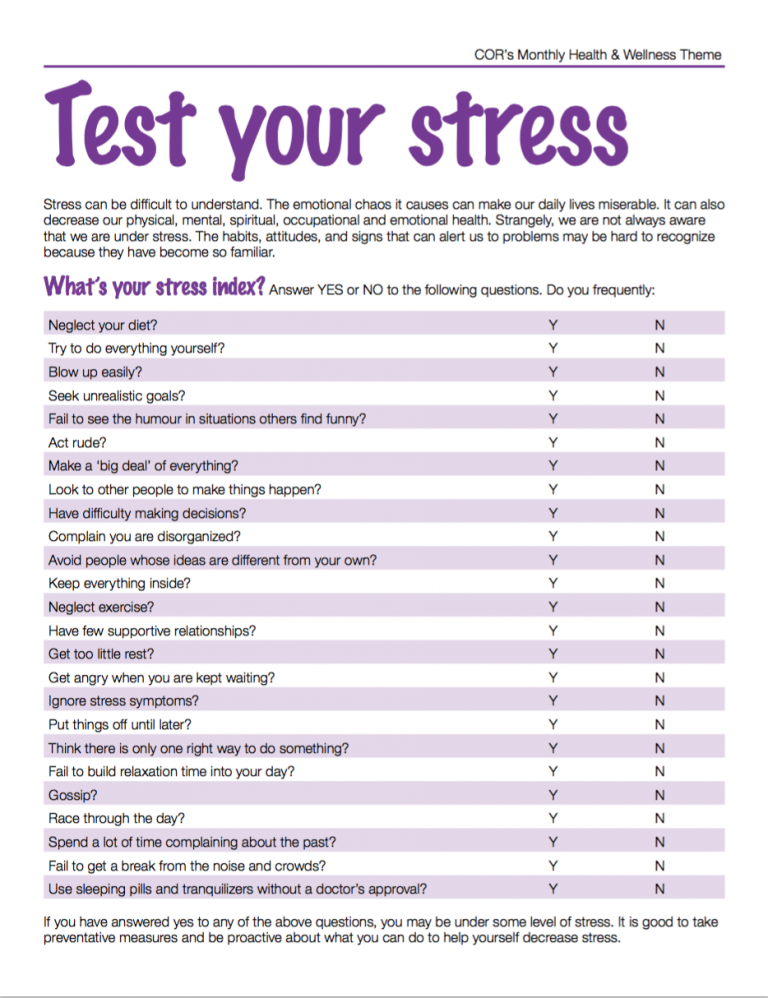 If you are confident in yourself, then take the initiative in your own hands by asking a question that interests you.
If you are confident in yourself, then take the initiative in your own hands by asking a question that interests you. - If you think that the interviewer has crossed all acceptable ethical boundaries, you can safely leave the walls of the office.
- If, after the interview, you do not get an apology for such an unusual way of conducting an interview, it is worth considering whether you want to work here.
Do you want to learn how to calmly answer stressful questions and pass stress interviews?
Take our trainings!
Stress management | Employability
Register for access to 15+ Free Simulator Programming Courses
Most job seekers hate interviews, and for good reason: they have to compete with other candidates, be assessed against unknown criteria, interact with strangers.
At the interview, the candidate goes through tasks that evaluate the experience, knowledge, skills and strengths of the person. However, there is no guarantee that the candidate will receive a job offer.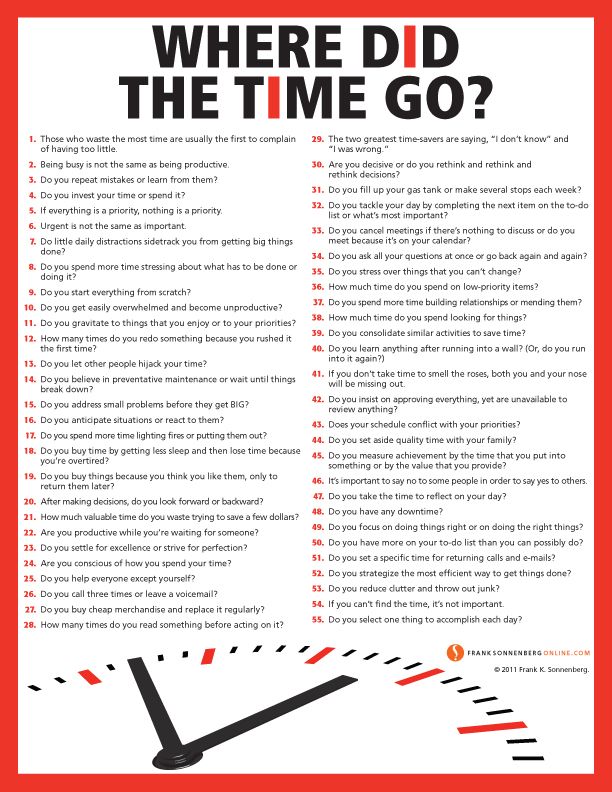 The uncertainty of the situation and the rush only increase the tension.
The uncertainty of the situation and the rush only increase the tension.
All these factors add up to one picture: even experienced and strong candidates are worried and anxious, cannot cope with emotions and, as a result, do not always show themselves. To prevent this from happening, you need to learn how to cope with stress - then at the interview you will be more comfortable.
In this lesson we will learn how to manage stress and what to do before, during and after an interview. You will learn how to reduce stress levels and show your strengths - in the end, you will be able to leave a pleasant first impression of yourself.
Decreasing anxiety before an interview
Often, thoughts about evaluation, high expectations, fear of mistake or failure become stress factors. Thoughts like these affect our emotional state, and our emotional state influences our actions.
Therefore, preparing for an interview should begin with an analysis of thoughts according to this template:
- Write down everything you think about the upcoming interview
- Note how these thoughts make you feel
- Pay attention to whether these thoughts are useful, whether they help to go to the goal
- If thoughts are not useful, consider how to change them
Let's look at this example:
- What do I think: “I was invited for an interview for nothing, I still won’t be suitable for this position”
- What I feel: excitement, anxiety, fear
- Is there any benefit from these thoughts: no
- How to change the thought: “It is unlikely that I would have been called just like that.
 They have already decided to spend time on me - apparently, my experience is still suitable. Most likely, there were other candidates who were less suitable than me. So I'm interested in them. There are no serious reasons for excitement”
They have already decided to spend time on me - apparently, my experience is still suitable. Most likely, there were other candidates who were less suitable than me. So I'm interested in them. There are no serious reasons for excitement”
Let's look at another example:
- What I think: "I'm afraid of getting rejected"
- What I feel: fear, horror, confusion
- Is there any benefit from these thoughts: no
- How to change the thought: “Rejection does not mean that I am a bad specialist. Even the most experienced professionals are sometimes denied. Job search is a mutual process: the company is looking for an employee, and the employee is looking for a company. If they refuse me, nothing terrible will happen”
It is very rare for candidates to get a job at the first company that invited them for an interview. Therefore, it is useful to supplement these reflections with a plan "B". Ask yourself in advance the question: “What will I do if I really don’t pass the interview?” Then the fear of failure recedes, and instead confidence and calmness appear.
See rejection as one step towards your goal. Shift your focus and imagine that for one offer you need to get a hundred rejections. So you reduce the degree of stress and pump your interviewing skills.
Sometimes mental work is enough to relieve anxiety before an interview. If this does not work, additional options may be considered:
- Meaningful preparation helps shape the negotiating position
- Psychological preparation reduces stress before an interview
Starting meaningful training
Companies often don't communicate candidate evaluation criteria, which adds to uncertainty and anxiety. Therefore, it is important to make the situation clear, clear and understandable on your own
Try to find out more about the company:
- Explore its website and find out what values and mission the company broadcasts. It is useful to try them on yourself - how much do you want to work in this environment?
- Watch speeches by company leaders and heads of departments you will work with.
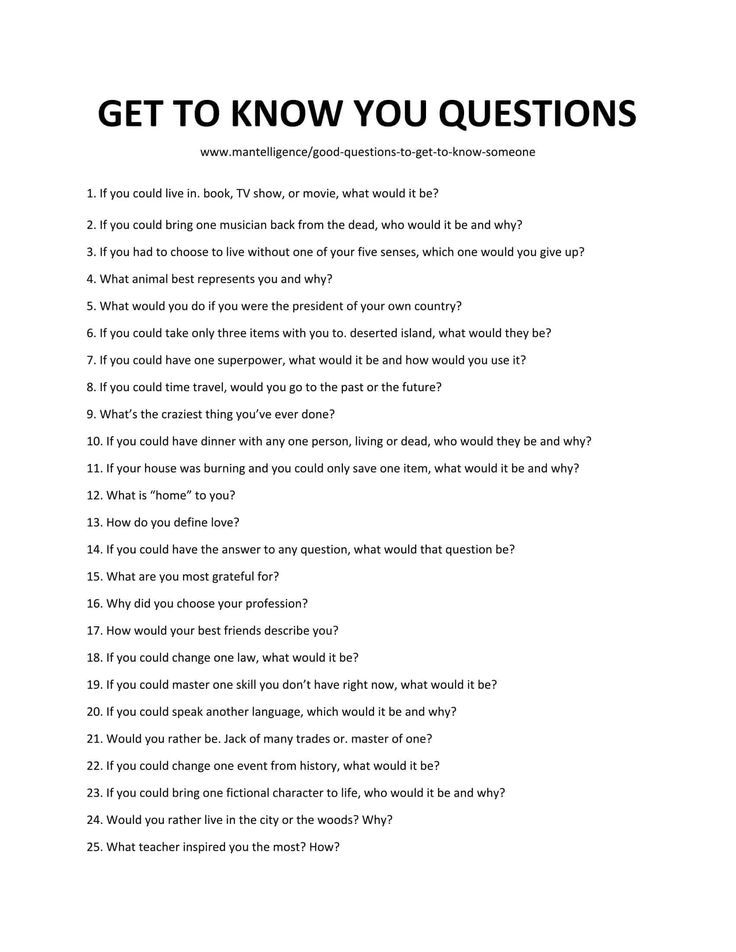 Sometimes such performances can be found in the public domain
Sometimes such performances can be found in the public domain - Try to find people you know who already work for this company. Information from employees will bring more clarity, help you better prepare for the interview and strengthen your negotiating position.
In general, try to clarify as many details as possible before the interview. These steps will help:
- Make your own decision about going there to work
- Form clarifying questions about the vacancy and the company
- Identify problem areas in the position you are applying for
During this research, you will weigh the pros and cons, get to know the company better and be able to come to the interview with a ready-made list of questions and proposals.
Rehearsing a self-presentation
Self-presentation is a short extract from a resume, a story about your professional path. Even if the resume describes in detail the duties, experience and knowledge, self-presentation cannot be avoided.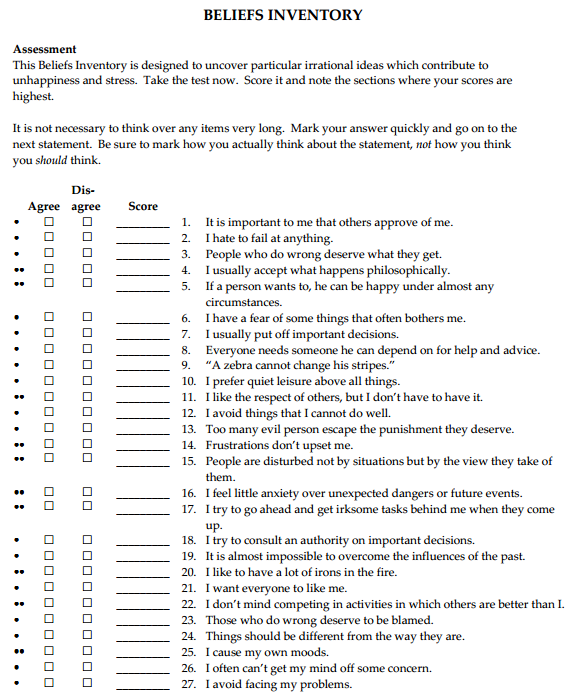 Make sure that the self-presentation lasts no more than 5-8 minutes. To meet this time, highlight the experience that will be of interest to a particular employer.
Make sure that the self-presentation lasts no more than 5-8 minutes. To meet this time, highlight the experience that will be of interest to a particular employer.
The story of the experience can be structured like this:
- Got a job in company "A" because ...
- My duties included tasks such as...
- Over the course of my career, I have been able to... (get promoted, improve processes, increase metrics by X%, earn rewards, complete training, etc.)
- Left company "A" because...
- Then I moved to Company B because...
In your story, do not forget to indicate the time frame: how long did you work in the company, in what month and year did you join it, when did you quit.
Telling about yourself using this template will be coherent and structured - you will save time for yourself and the interviewer.
Consider in advance what questions the interviewer will ask. In a calm environment before the interview, come up with answers to them - it will be great if the answers emphasize your strengths and hide your weaknesses.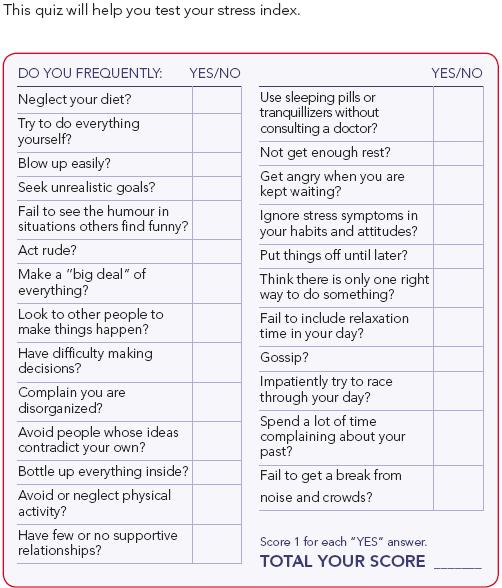 Also think about answers to common questions, such as: “What conditions are you interested in in this job?”.
Also think about answers to common questions, such as: “What conditions are you interested in in this job?”.
The interview is a two-way process, so your own questions will help you decide if the company is right for you. It is best to prepare a list in advance. It will be strengthened by such questions:
- What tasks will I face?
- What results are to be achieved?
- Who will you work with in the team?
- How is responsibility distributed among employees?
- By what criteria is the performance of the team evaluated?
- By what criteria will you understand that I am up to the task?
Meaningful preparation helps predict interviews. The situation will become clearer, due to which the stress level will decrease - as a result, you will not worry at the interview.
But sometimes meaningful preparation is not enough, and the excitement continues to get in the way. In this case, it is useful to prepare psychologically.
Getting ready for an interview psychologically
There are many ways to deal with anxiety and stress, we will list the most universal ones. Experiment and check what helps you cope with anxiety:
- Physical activity. Jumping, squatting, or doing other physical activity before an interview lowers your adrenaline levels and helps you deal with anxiety. Pay attention to how stress manifests itself in the body. If you notice tension in your neck or shoulders, stretch your muscles with self-massage or exercise
- Voice. He often gives out excitement, so he should be given special attention. Before the interview, stretch your jaw muscles - this will relieve tension in your voice. You can perform this exercise: stretch your lips into a tube and make ten circular movements clockwise and counterclockwise. Take water with you to the interview in case your throat gets dry
- Breathing exercises. Take a series of deep exhalations and inhalations or use the “breathing square”.
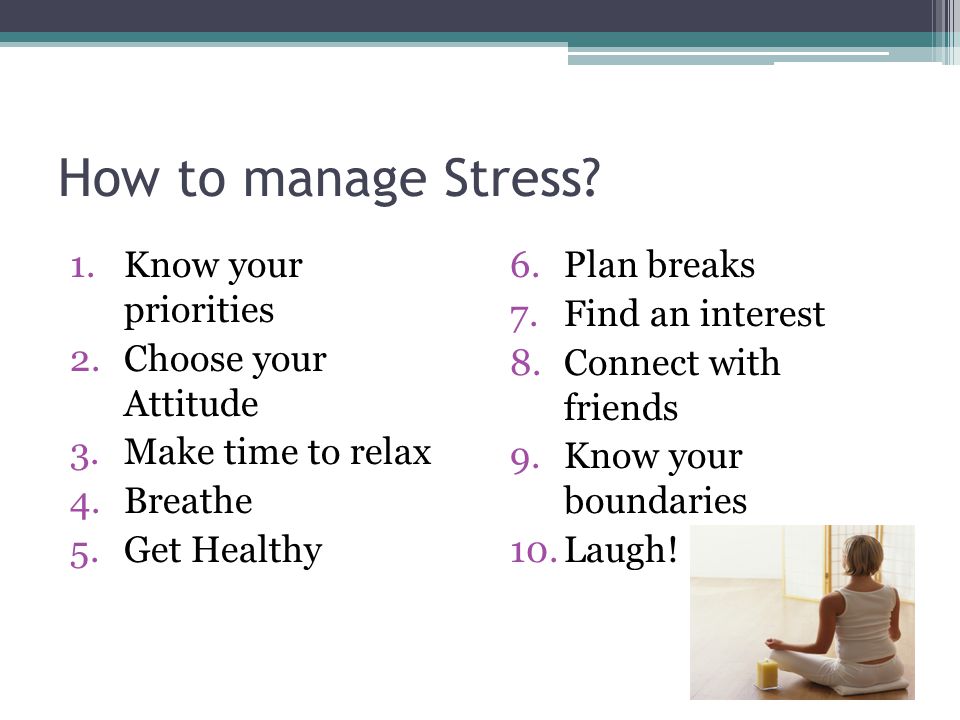 Breathing exercises calm and relax the nervous system
Breathing exercises calm and relax the nervous system - Music. Try different genres beforehand and choose the one that reduces excitement and anxiety
- Walk. To reduce anxiety, choose your favorite routes where you feel calm and relaxed
- Reward. An interview is a step out of your comfort zone, and it's worth rewarding yourself with something for that. Come up with a reward regardless of the outcome of the interview. So you support your efforts, strengthen the desire to act
- Smile. It has been proven to lower heart rate, stimulate endorphin production, and reduce pain and stress. Therefore, smile at yourself in front of the mirror - this will help you tune in
- Pos. Think about what a person who easily passes an interview looks like. What is his posture, posture, facial expressions, gestures, what kind of speech? Try on for one minute to try on this image for yourself. Notice how this image changes your state
How to deal with interview anxiety
Before the interview itself, it's a good idea to relax and express yourself as much as possible and appropriate.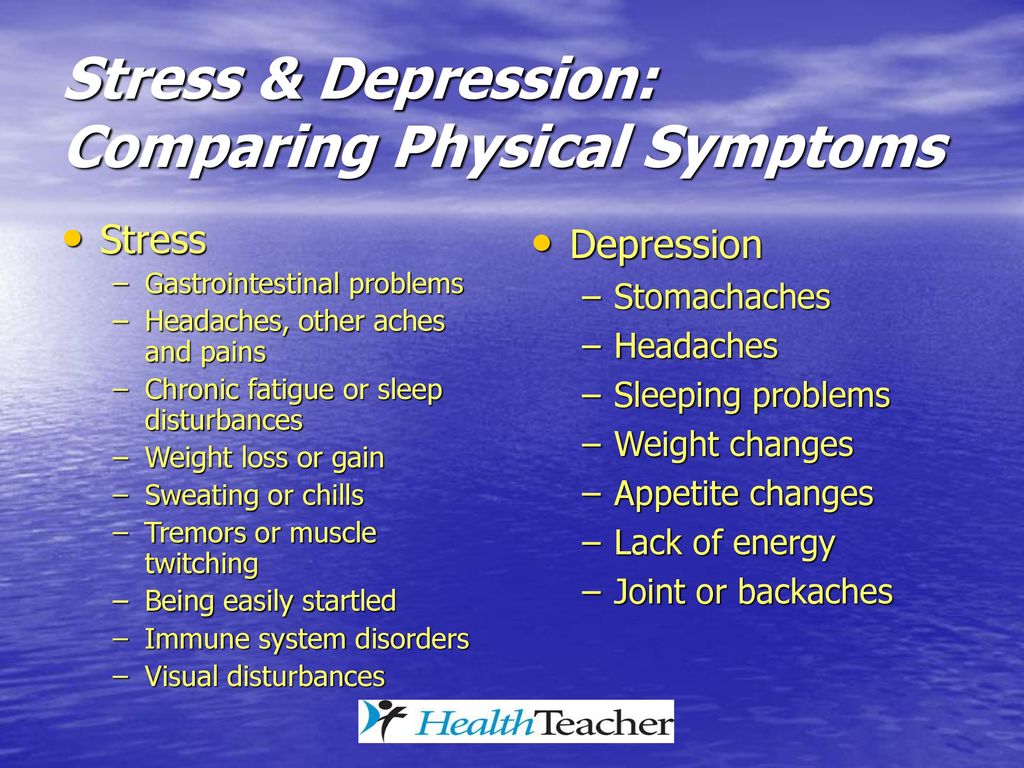
To deal with interview anxiety, imagine that you have known these people for several months. You meet with them every day in this office, sitting at this table in this chair. Imagine that you have already been accepted and it is important to go through some formality - to answer questions.
If the excitement captures and it is difficult to formulate thoughts, make pauses in the answers, during these pauses try to move away from the excitement. For example: count the corners in the office or think about what you bought last time in the store. It helps you regain your composure.
Name emotions: "I'm worried." By naming a state, you regain strength, and for the interviewer, this is a sign of sincerity and high emotional intelligence.
How to relax after an interview
After the interview, the excitement fades. But if this does not happen, then return to the recommendations above.
After the interview, you definitely shouldn't scold yourself - even if you got a refusal or didn't manage to prove yourself one hundred percent.